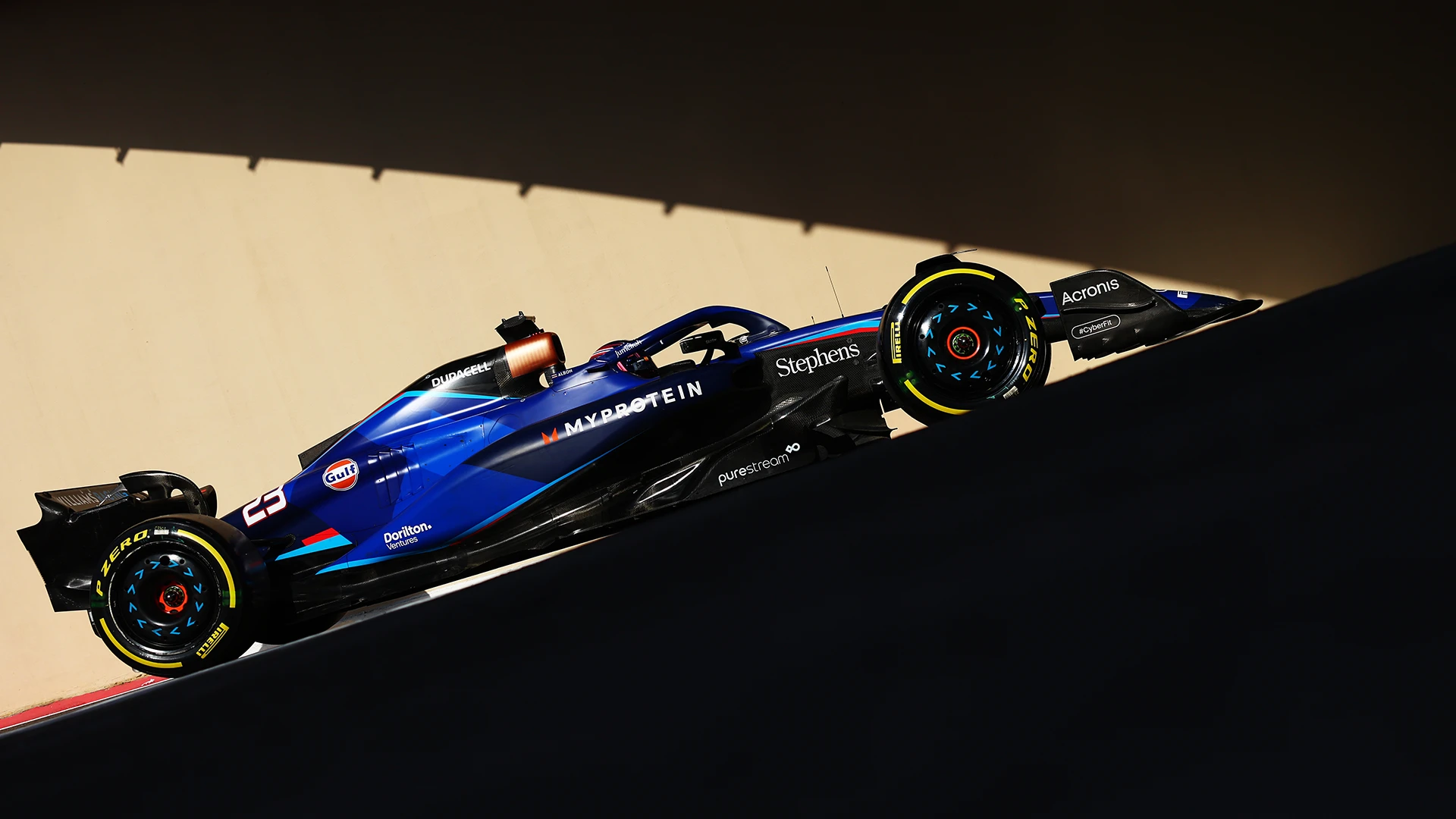Williams have announced that Mercedes-Benz will remain as their power unit supplier from the 2026 Formula 1 season onwards, extending a lengthy relationship between the two parties.
Mercedes started supplying Williams with engines in 2014, when the turbo-hybrid era got under way, and the new deal means the partnership will extend into the 2026 technical regulation changes.
F1’s future power units will exclusively use advanced sustainable fuel, reducing overall consumption, while their electrical systems will be upgraded to achieve higher performance.
“We have enjoyed a long-term partnership with Mercedes-Benz, and we are thrilled to extend this collaboration into the next era of Formula 1,” said James Vowles, Team Principal at Williams.
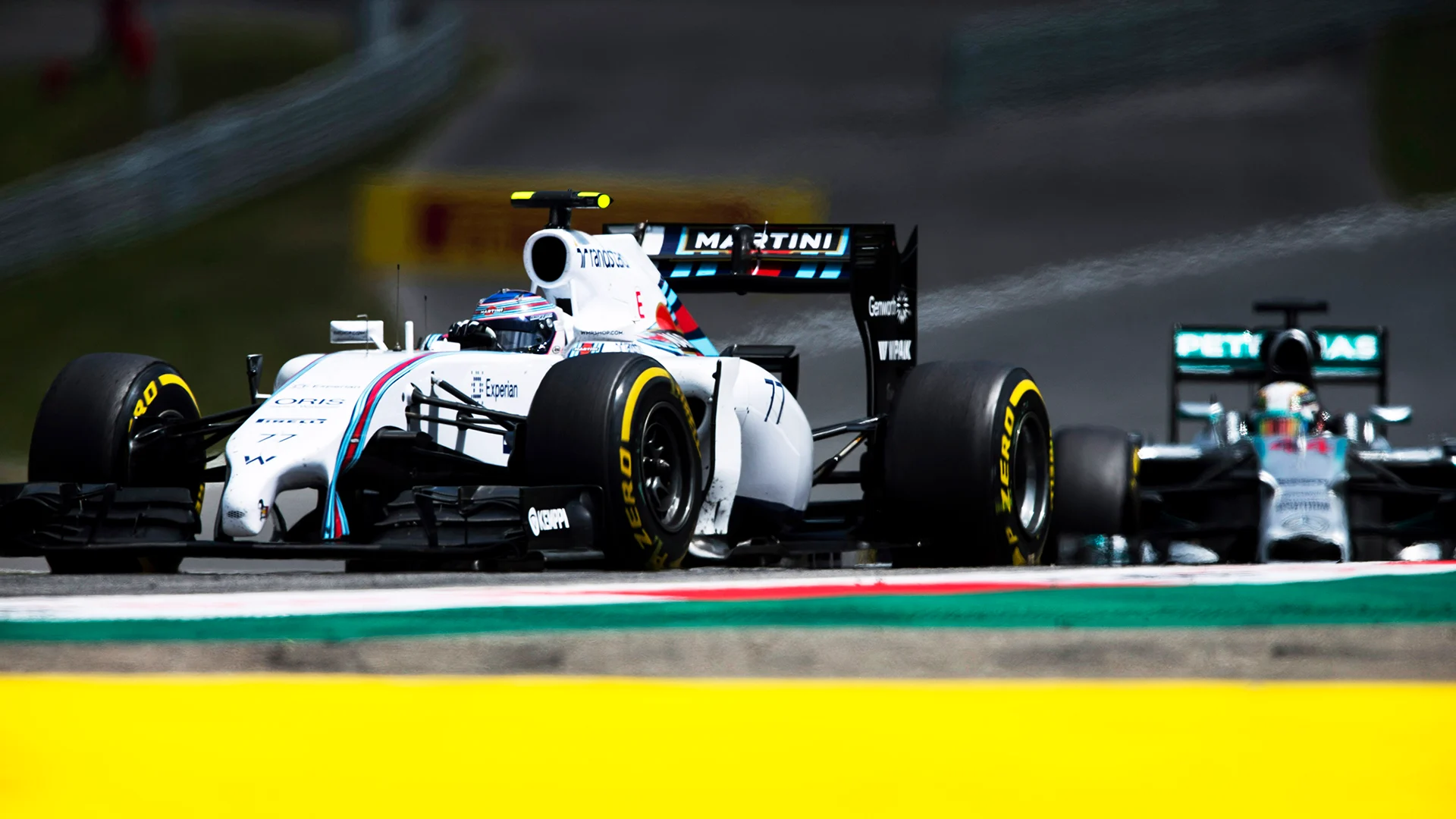
“The expertise, support and technology that Mercedes brings to the table align perfectly with our team's aspirations in the medium and long term.
“This long-term agreement with Mercedes is a positive step and forms part of our objectives for the future, whilst we will still retain our design and manufacturing expertise and capabilities in-house.”
READ MORE: Vowles praises F1 regulations for promoting changes to pecking order throughout season
Toto Wolff, Head of Mercedes-Benz Motorsport, added: “We are delighted to confirm Williams Racing as the second customer team that we will supply for the 2026 power unit regulations.
“Today’s news highlights the strength of the Mercedes-Benz offering in F1 and importantly not only validates, but reinforces, our overall motorsport strategy.
“Since 2014, we have continued to build and develop our relationship with Williams. As the team continues to put the foundations in place to challenge at the front of the grid, we look forward to supporting them with our power unit supply.”
Analysis by Lawrence Barretto
New power unit rules introduced for 2026 will see a move to 50% internal combustion and 50% electrical power together with the use of advanced sustainable fuels.
Given that will change the architecture of the PU dramatically, teams have been keen to nail down their partners for that cycle – 2026 through to 2030 before the start of the season so not to hinder integration with the all-new chassis also being introduced for that rules cycle.
Thanks to the new rules, customer teams have had a plethora of supplier options – with Audi joining the party in 2026, Honda returning as a full works supplier and Ford teaming up with Red Bull Power Trains, however Williams have opted to stick rather than twist.
Williams’ Team Principal James Vowles spent more than a decade at Mercedes and will have an impressive knowledge of the work Mercedes HPP do at Brixworth to create a power unit that dominated the first seven years of the hybrid turbo era.
That Mercedes responded so well to the last major engine rules shake-up, and are a known quantity to Williams, will also have played a part in convincing the British team to extend a partnership that began in 2014 and has since yielded 18 podiums.
While Williams are rebuilding – and there is acceptance inside the team that this might take years, if not a decade – ensuring continuity with a trusted engine partner makes sense so the team can focus on strengthening the operation in other areas.
Sticking with Williams made sense for Mercedes as they have long-enjoyed a fruitful relationship and having at least six cars (McLaren will also be customers) with which to gather data will be helpful as they look to ruthlessly develop the new generation of power units.
Maintaining that relationship also leaves the door open for Mercedes to potentially run one of their juniors with Williams in the future, as they did with George Russell.
That could be timely given the progress of their junior Kimi Antonelli, who skipped F3 to make his debut in F2 this year and is widely-expected to be knocking on the door of F1 soon.
READ MORE: FIA confirms appointment of Tim Malyon as new Sporting Director
Next Up
Related Articles
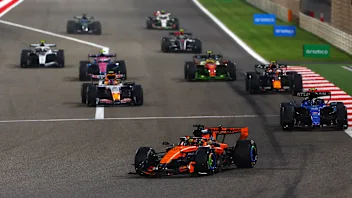 The state of play at every F1 team ahead of the new season
The state of play at every F1 team ahead of the new season/Vasseur%20Bahrain%20Test%202.webp) Vasseur reflects on Ferrari's testing targets in Bahrain
Vasseur reflects on Ferrari's testing targets in Bahrain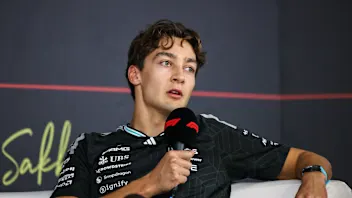 Mercedes ‘need to improve reliability’ – Russell
Mercedes ‘need to improve reliability’ – Russell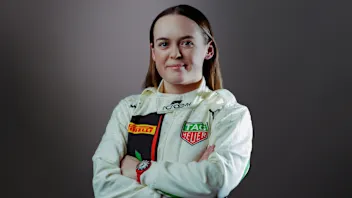 TAG Heuer sign Bruce for the 2026 F1 ACADEMY season
TAG Heuer sign Bruce for the 2026 F1 ACADEMY season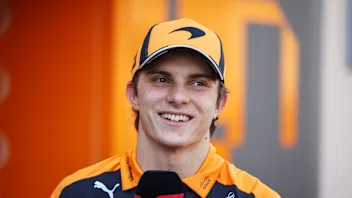 McLaren ‘more optimistic’ after Bahrain test – Piastri
McLaren ‘more optimistic’ after Bahrain test – Piastri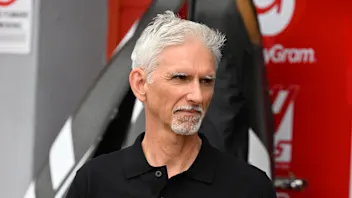 Damon Hill returns to Williams as ambassador
Damon Hill returns to Williams as ambassador
